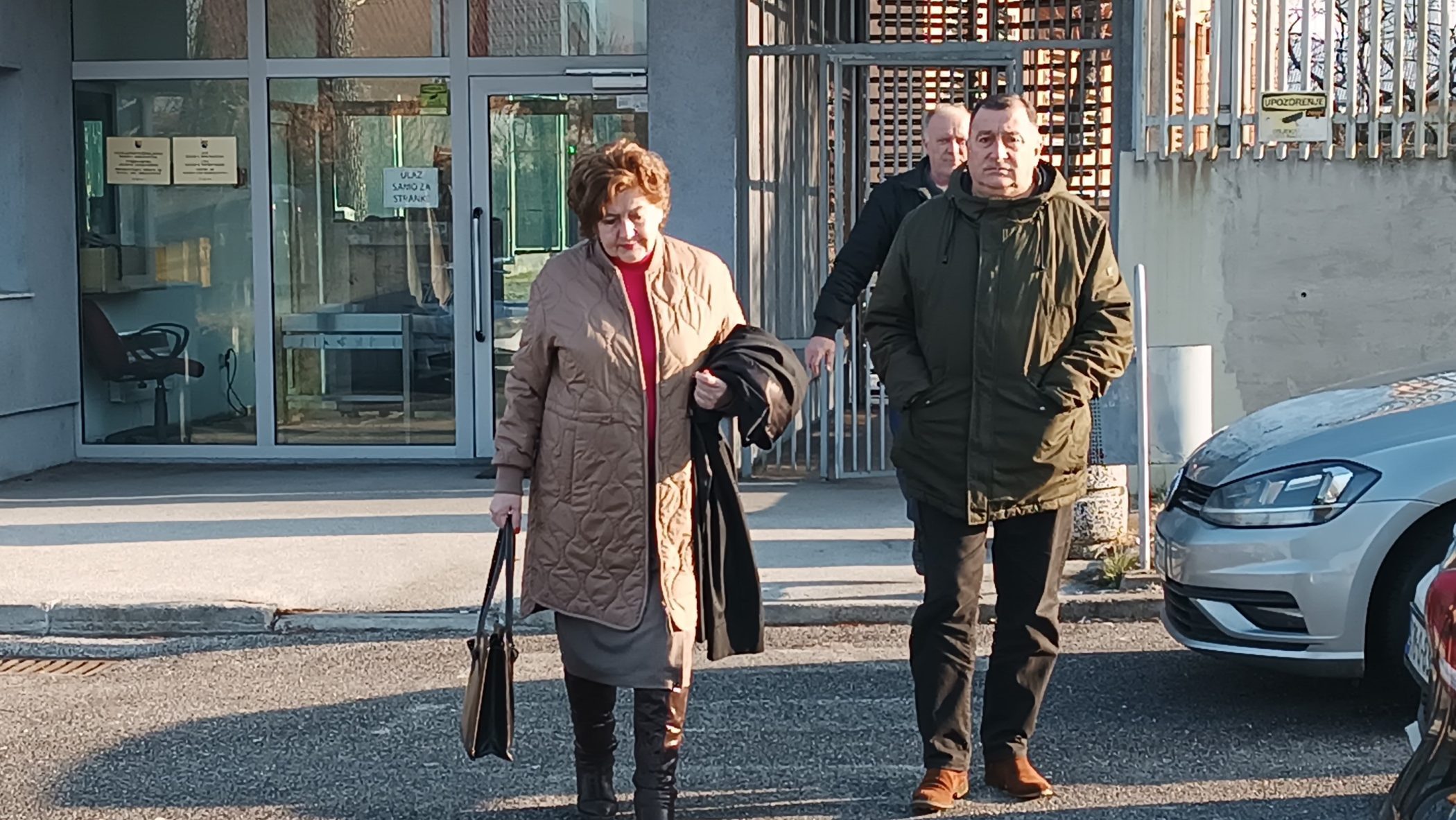This post is also available in: Bosnian
For the second time, Momcilo Mandic has failed to apear at a scheduled hearing at which the Prosecution of Bosnia and Herzegovinab apealed the first-instance verdict acquitting him of charges.
Mandic failed to attend the hearing held on June 10 this year, on the grounds that the summons was not delivered to him at the address available to the Court. In the meantime, he submitted to the Court his addresses in Bosnia and Herzegovina and Serbia. The summons was delivered to him at one of these addresses.
However, Refik Serdarevic, Mandic’s Defence attorney, claims that he did not apear in court “due to health reasons”.
In 2007 a first-instance verdict was passed down, acquitting Mandic of charges that he was responsible for the “establishment and functioning” of the penal and correctional institutions in Sarajevo and Foca, in his capacity as “Minister of Justice of the former Serbian Republic of Bosnia and Herzegovina” in 1992. He was also acquitted of charges that he led an attack conducted by Serb forces on the Personnel Training Center of the Ministry of Interior, MUP, of the Republic of Bosnia and Herzegovina in Sarajevo on April 5, 1992.
Prosecutor Behaija Krnic argued that the verdict contained “wrongly and incompletely” determined facts and “significant violations of the Criminal Procedure Code”.
He said the verdict was “deficient and legally unsustainable”, calling on the Court to revise it and pronounce Mandic guilty and sentence him to a long prison term, or order a retrial.
“The Prosecution considers that the verdict was pronounced on the basis of a small number of pieces of irrelevant evidence,” Krnjic said.
The Prosecutor further alleged that the first-instance Chamber had rendered “an absolutely contradictory” verdict, by determining that the attack on the MUP Personnel Training Center in Sarajevo did not happen during the course of the armed conflict in Bosnia and Herzegovina.
“It remains unclear why the Trial Chamber considers that the conflict began on April 6. The Chamber did not make an effort to explain this, because the witnesses’ statements imply that the conflict in the city began with the attack on the school in Vraca,” said the Prosecutor, who contends that the attack happened on April 5, 1992.
The verdict states that the Chamber was not able to determine, beyond reasonable doubt, that Mandic was Deputy Interior Minister of the Serbian Republic of Bosnia and Herzegovina in April 1992. The Prosecutor considers that this conclusion was wrong.
“On the basis of the presented evidence, it is clear that Mandic, as a member of the SDS (Serbian Democratic Party), invested efforts to disintegrate the Ministry of Internal Affairs of the Republic of Bosnia and Herzegovina, acting on orders issued by Radovan Karadzic. In his letter of April 1, which was sent to all MUP Police Stations, Mandic spoke about the establishment of the Serbian Republic of Bosnia and Herzegovina and informed everyone that, as of that moment, all Serb staff members of the MUP would now come under the authority of the Serbian Republic,” the Prosecutor explained.
Karadzic, former President of the SDS and President of Republika Srpska, is awaiting trial before the Hague Tribunal.
The Prosecution appealed the fact that the Chamber did not comment “with a single sentence” on statements “given by more than 50 witnesses”, some of whom, the Prosecutor said, spoke about Mandic as “the only commander of the attack on the Personnel Training Center”.
“The verdict states that, according to a statement of one of the victims, the indictee’s actions were ‘minor’. The verdict does not provide any further explanation. We can therefore conclude that the Trial Chamber decided to trust Mandic and not the victims. It is clear that in this case, as in many other cases, victims, and not indictees, are seen as perpetrators,” the Prosecutor said.
Speaking about the second count contained in the indictment, which charged Mandic with crimes committed in the penal and correctional facilities in Sarajevo and Foca, the Prosecutor said that “the presented evidence confirms that the indictee was aware of the events taking place in those facilities and, by his actions, he even supported some of the crimes committed in them”.
The appeal presentation is due to continue on July 9, 2009.


